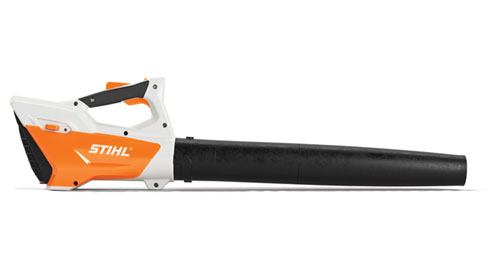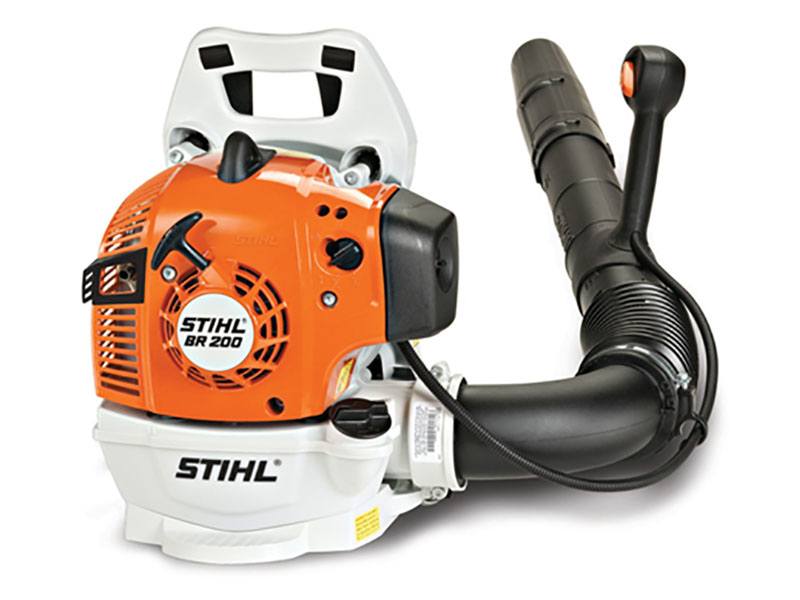The electric vs. gas lawn equipment debate has played out across generations in hardware stores, lunchrooms, tool sheds, and kitchen tables. However, technology changes every year now, and old assumptions about what each type does best might not hold up anymore. Whether you’re just entering the fray or already have strong opinions of your own, it helps to know the basics about what each has to offer. You might be surprised by what you learn and could decide that your first choice isn’t the best one for your needs.
Considering Electric vs. Gas Lawn Equipment?
Electric and gas lawn equipment both have their strengths and weaknesses, so understanding your needs will help you choose the right type. If you’re running a golf course, grounds keeping, or doing field work, you’re going to have different requirements for your devices than someone who is mowing their lawn twice a month. Find out the pros and cons of each so you can make an informed purchase decision.
Pros & Cons of Electric Lawn Equipment

Electric lawn equipment is an increasingly popular choice among buyers looking for an alternative to gasoline-powered devices. Corded devices are still on the market, but rechargeable battery-powered devices are improving every year and continue to be a popular choice for people looking to go electric. Corded and rechargeable battery-powered electric equipment both have their advantages and disadvantages when compared with each other and with their gasoline-powered counterparts. Learning about them can help you decide which option is right for you.
Advantages:
Corded electric devices are the most affordable and lightest option when compared to gas and battery-powered devices. They draw their power from an outlet via an attached cable, which cuts down on their weight, as well as their up-front and lifetime cost. Battery-powered electric devices use a rechargeable lithium-ion battery as their power source. As the battery is interchangeable, one can be used to power multiple devices, further saving on energy costs.
Given their lack of an internal combustion engine, electric lawn equipment is usually made entirely of plastic, which makes them lighter than gas-powered alternatives. Electric devices are also quieter and typically produce sounds anywhere from 65 to 75 dB, which puts them on par with a vacuum cleaner or a normal conversation. Additionally, corded electric lawn devices don't produce any emissions, making them safer for you and those nearby. They are highly maneuverable and are ideal for home use or smaller properties.
Disadvantages:
A cable can present a hazard on its own, especially if you’re using a lawn mower or are distracted. Cabled devices can also get tangled or catch on nearby obstacles, which might cause you to fall or drop the device. Battery-powered devices lack the consistency of alternatives and may lose their strength as the life of the battery drains, making it difficult to clear thick grasses or heavy, waterlogged leaves. The batteries will eventually die and need to be replaced, even if they haven’t been in use.
Corded and battery-powered devices both have a limited range, with the former only being able to travel the length of the cable and the latter facing a battery life of 30 to 60 minutes. Given their lighter weight and sometimes inconsistent power, electric devices have trouble operating on rough terrain. With less power than gasoline devices and a smaller range, electric devices are ill-suited to large properties or clearing hardy plants. Electric devices are also generally more expensive than gasoline powered ones.
Pros & Cons of Gas-powered Lawn Equipment

Gas-powered lawn equipment has been the mainstay in the industry for decades and continues to dominate the market. Devices with four-stroke engines, the most common, use the same gasoline as your car, while older two-stroke devices require a blend of gasoline and engine oil. Gasoline-powered devices offer numerous advantages, as displayed by their market position, but also have their own drawbacks. Take some time to evaluate your needs to determine if one of these is right for you.
Advantages:
Gas-powered mowers, trimmers, blowers, and other devices are reliably powerful thanks to their energy-dense fuel, which can deliver the power you need to cut through thick grasses or wet vegetation. They’re also usually cheaper up-front than electric devices and can take more punishment given their rugged metal construction. Newer devices produce fewer emissions than older ones, improving fuel economy and reducing health hazards to yourself and those nearby. They’re also heavier and are generally more powerful than their electric counterparts.
Disadvantages:
Gas-powered devices produce loud noises averaging around 95 decibels, which can harm the hearing of the user and cause a disruption for anyone nearby. Gasoline itself is flammable and dangerous, while gas with more than 10% ethanol can damage a device’s engine. The device will also need regular maintenance to function correctly and may require more serious work if there is a problem with the engine. They’re also heavier than electric devices, as a significant portion of them needs to be made of metal.
Shopping for Gas or Electric Lawn or Farming Equipment?
The great debate between electric vs. gas-powered lawn equipment only ends with one winner: you! Both types of technology have improved in recent years and are ideally suited to different situations. Once you know the specific needs of your property, you can make an informed decision as to which types are best suited to your needs. If you’re in the market for new equipment for your home or business, contact Powersports Company today to see our large selection of lawn and power equipment!
 Mike Kunert is the general manager of Powersports Company. He is very passionate about the powersports and outdoor equipment industry. He does everything from sales to service at the store. With 23+ years in the powersports/outdoor equipment industry and many OEM factory certifications, he has a lot of knowledge about the industry.
Mike Kunert is the general manager of Powersports Company. He is very passionate about the powersports and outdoor equipment industry. He does everything from sales to service at the store. With 23+ years in the powersports/outdoor equipment industry and many OEM factory certifications, he has a lot of knowledge about the industry.